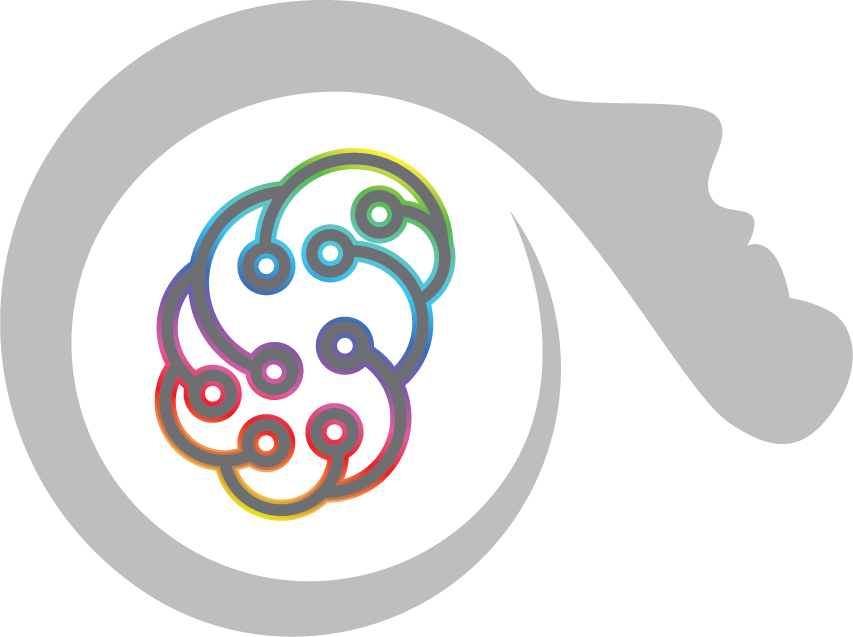Sleep disturbances are common in dementia, but how often are they recognised and addressed in memory clinics?
A new paper, Sleep Disturbances and Disorders in the Memory Clinic, by SIESTA postdoc, Dr Aaron Lam and colleagues, takes a comprehensive look—using data from more than 1,200 adults assessed at a memory clinic over a 15-year period.
📊 Key findings:
- Obstructive sleep apnea (OSA) was present in 75% of participants—but only 13% had been previously diagnosed
- Insomnia affected 12%, while over half reported poor sleep quality
- REM sleep behaviour disorder (RBD) symptoms were endorsed by 14%
- There was poor agreement between self-reported and actigraphy-derived sleep measures
🧠 Cognitive links:
- OSA and prolonged sleep duration were associated with worse cognition, including memory, processing speed, and executive function
- Surprisingly, self-reported poor sleep quality was linked with better memory performance, raising questions about perception vs. physiology
📍 Bottom line:
Sleep disorders are highly prevalent in memory clinic populations but often go undiagnosed. These findings highlight the urgent need for routine, objective sleep assessments in dementia care and research.
👉 Read the full article in Journal of Alzheimer’s Disease: https://doi.org/10.1177/13872877251338065
